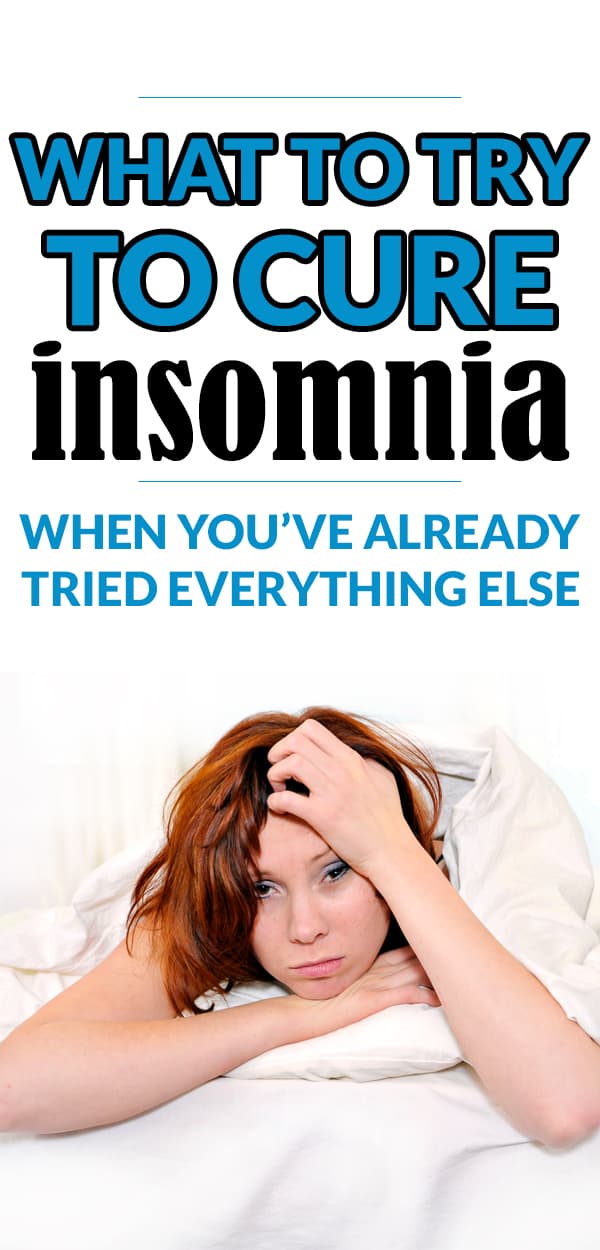


Impairments with memory, concentration, or attention.

Additionally, you must experience one or more of the following daytime symptoms to receive an insomnia diagnosis: These symptoms must occur for at least 3 months despite adequate opportunities for sleep on a nightly basis. Diagnostic criteria for insomnia includes difficulty initiating or maintaining sleep, waking up earlier than desired, and resistance going to bed at a reasonable hour. Diagnosing Insomniaīefore insomnia treatment can begin, you should meet with your doctor or another credentialed physician to discuss symptoms and receive a diagnosis. There is no “best treatment for insomnia.” Specific treatment recommendations depend on whether the patient has short-term or chronic insomnia, as well as their medical history. Positive lifestyle changes may alleviate symptoms for some people, as well. Treating insomnia typically involves sleep-inducing medication, cognitive behavioral therapy for insomnia (CBT-i), or a combination of both of these measures. Based on various studies and surveys, today’s sleep experts estimate 10% to 30% of adults live with some form of insomnia. People who have insomnia struggle with sleep despite adequate opportunities for sleep, and also experience excessive daytime sleepiness and other dysfunctions when they are awake. Insomnia is a disorder characterized by persistent difficulty with sleep onset, maintenance, consolidation, or quality.


 0 kommentar(er)
0 kommentar(er)
